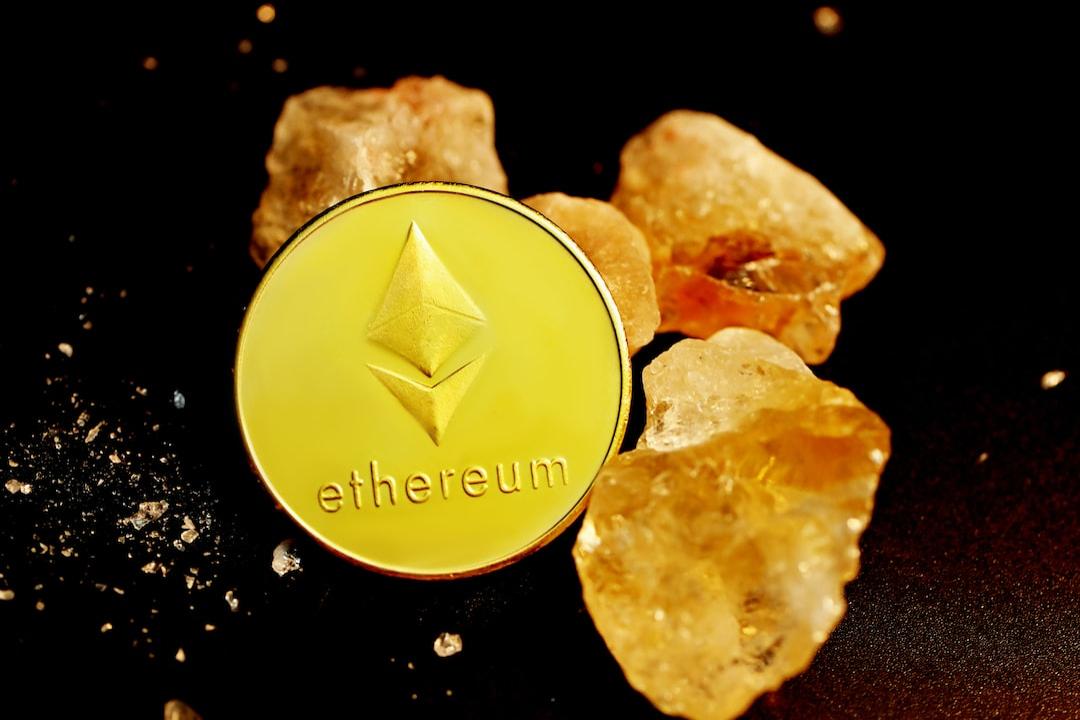What Happened?
Solana co-founder Anatoly Yakovenko referred to memecoins and NFTs as “digital slop,” arguing that they lack intrinsic value. This statement has provoked backlash from the community, especially since these assets are a primary source of growth for Solana.
According to a report by Syndica, memecoins contributed 62% of the revenue from decentralized applications in the Solana ecosystem in June 2025, pushing total revenue for the first half of the year to $1.6 billion, mainly driven by Pump.fun and PumpSwap.
The community criticized Yakovenko for his contradictory stance, promoting memecoins while denying their value, which could damage Solana’s image and user trust. This controversy has reignited a heated debate in the crypto world about the definition of “value,” with differing opinions on the importance of utility versus cultural significance.
Yakovenko Questions the Value of Memecoins and NFTs
In a recent debate on X with Base founder Jesse Pollak, Solana co-founder Anatoly Yakovenko publicly stated that memecoins and NFTs are “digital slop” with no intrinsic value, likening them to “loot boxes” in mobile games, which sparked widespread backlash among users. Ironically, these assets he denounces as “digital slop” are the main driving force behind the development of the Solana network. Yakovenko believes the operational logic of these assets is similar to that of loot boxes in mobile games, which stimulate consumption and create addiction but lack substance.
I’ve said this for years. Memecoins and NFTs are digital slop and have no intrinsic value. Like a mobile game loot box. People spend $150b a year on mobile gaming.— toly (@aeyakovenko) July 27, 2025
This statement immediately drew a rebuttal from Pollak. He argued that the content behind NFTs has intrinsic value, “just like a painting in a museum, regardless of whether there is an admission fee, it is a valuable piece of art.” Pollak criticized Yakovenko for overlooking the importance of creative content and community culture. A netizen pointed out that trading memecoins is crucial to Solana’s development, which Yakovenko did not deny, stating that just as Apple relies on mobile gaming revenue, they would not have such high revenues without games designed around “drawing cards” or “unboxing.”
Absolutely. Without loot boxes iOS would have negligible revenues for Apple.— toly (@aeyakovenko) July 27, 2025
Memecoins are the Strongest Growth Engine of the Solana Ecosystem
According to a report released by blockchain infrastructure company Syndica in July 2025, memecoins are the primary source of revenue in the Solana ecosystem. In June 2025 alone, memecoins accounted for 62% of Solana’s decentralized application (dApp) revenue, marking a historic high and driving Solana to achieve $1.6 billion in revenue for the first half of 2025.
The biggest contributors were the memecoin issuance platform Pump.fun and the decentralized exchange aggregator PumpSwap used in conjunction. Additionally, competitor LetBonk has recently begun to threaten Pump.fun’s position, even surpassing Pump.fun in certain daily trading volumes.
Yakovenko’s comments have sparked strong dissatisfaction among users; a crypto creator known as “Caps” criticized him for “openly mocking the user base that supports his platform,” further pointing out that such statements undermine the morale of the Solana community. Another crypto user, “Karbon,” argued that while Yakovenko promotes memecoins, he privately considers them worthless.
The question of what constitutes a “valuable” asset has long been a contentious issue in the crypto world. Yakovenko believes that value should come from utility or scarcity, akin to traditional financial products or technological applications. In contrast, Pollak and many creators argue that culture, community, and creativity are sources of value, with memecoins and NFTs serving as tools for emotional expression and connection.
Foreign media pointed out that if the contradictions cannot be reasonably explained, it may lead to a loss of confidence among Solana users and potentially affect developers’ commitment to the ecosystem. After all, if the founder considers memecoins “garbage,” who would be willing to invest time and resources in building the future of “digital trash”?
Source: Cointelegraph, CryptoTimes

